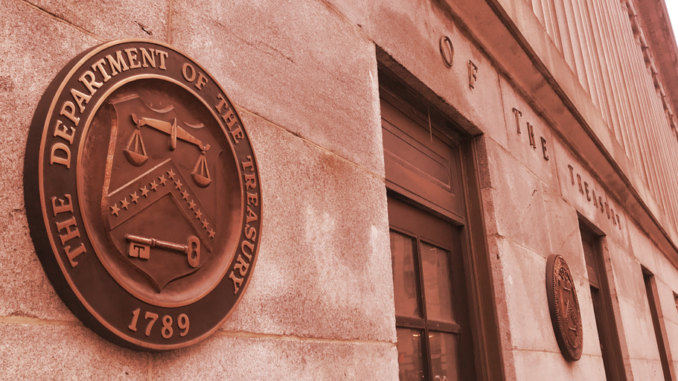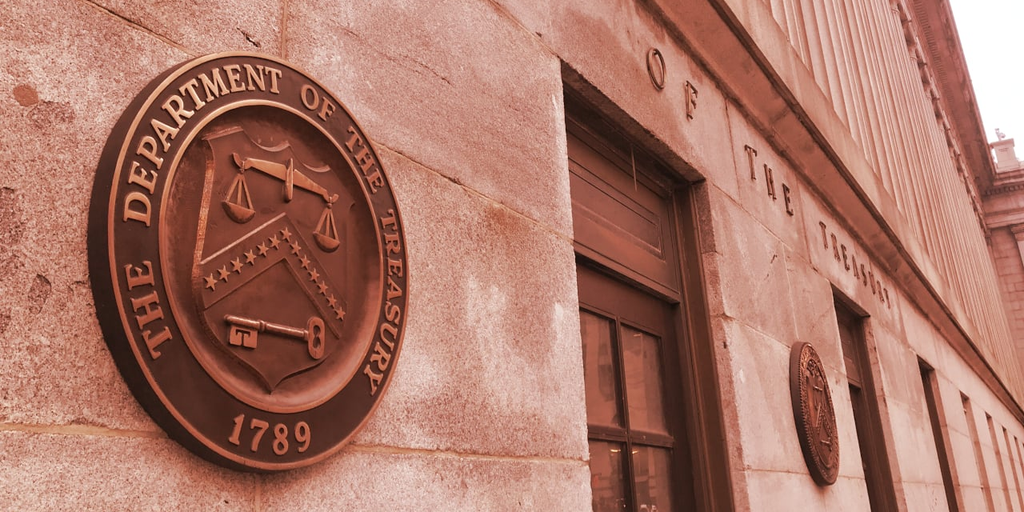
[ad_1]

The U.S. Department of the Treasury has warned of criminals using decentralized finance (DeFi) protocols but admitted that money launderers and terrorists typically prefer fiat currencies over crypto.
In its “Illicit Finance Risk Assessment of Decentralized Finance” report released today, the U.S. body said that ransomware crooks, thieves, scammers and other criminals are “using DeFi services in the process of transferring and laundering their illicit proceeds.”
It added that many DeFi apps fail to comply with America’s anti-money laundering and countering the financing of terrorism (AML/CFT) rules and were therefore being exploited by crooks.
Though the report did note that “money laundering, proliferation financing, and terrorist financing most commonly occur using fiat currency or other traditional assets as opposed to virtual assets.”
DeFi refers to the industry within the crypto sphere which aims to make traditional finance more automated and accessible to all via decentralized applications.
The idea is that things like taking out a loan or earning interest on savings become quicker, more accessible and without a costly middleman. Such tools allow anyone to connect a self-custodied crypto wallet to a website, execute trades or other transactions, all without ever revealing any personally identifiable information to the tool’s provider or developer.
But DeFi tools are still experimental, notoriously troublesome—especially when it comes to hacks—and criminals have used them to launder dirty cash.
One DeFi app that made headlines last year was the Tornado Cash “coin mixer.” In a controversial move last August, the Treasury Department sanctioned the tool because North Korean hackers were allegedly using it.
State-sponsored Lazarus Group used Tornado Cash—which allows people to send and receive Ethereum anonymously—to launder over $96 million after it hacked blockchain protocol Harmony Bridge, blockchain analysts said.
Politicians, crypto companies and industry lobbyists have complained about the sanctions—claiming that it takes away people’s right to financial privacy. Because blockchain networks are public and transparent, transactions that occur on them are easy to track. Tools that allow such transactions to enjoy the same privacy as cash exchanges ought to therefore exist, proponents argue.
The Treasury Department further added in its Thursday report that it was working to improve its AML/CFT framework in the crypto world and would “engage with the private sector to support responsible innovation in the DeFi space.”
Stay on top of crypto news, get daily updates in your inbox.
[ad_2]
Source link

Be the first to comment